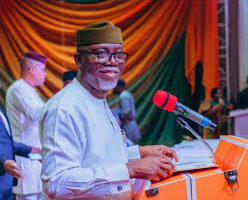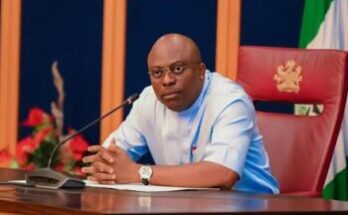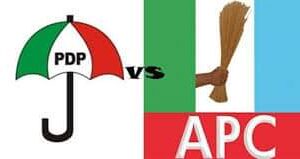Former Minister of sports and Kwara Central senatorial candidate of the Peoples Democratic Party (PDP), Mallam Bolaji Abdullahi, Wednesday expressed grave concern that extreme monitisation of Nigeria’s political process has become a great threat to 2023 elections.
Abdullahi spoke at a symposium to mark the 2022 Press Week of the Correspondents’ Chapel of the Nigeria Union of Journalists (NUJ), Kwara state.
He spoke on the theme “Re- Engaging the Media for Credible Democracy.”
Delivering his lecture, Abdullahi said though vote buying paves the way for the highest bidder to win election, it is however not new to the nation’s democracy.
He, therefore, lamented that it had assumed a scale and proportion that had reduced “democracy to mere economic transaction between the electorate and the elite.
“Perhaps, the biggest threat to our democracy right now is the extreme monitisation of the political process that has reduced our democracy to mere economic transaction between the electorate and the political elite.
“This clientele relationship not only reduces the quality of participation but it effectively dis-empowers the capability to decide who governs them and shuts the space on accountability.
“The question, therefore, is that can you take away the capability of the people to decide who governs them, their capability to hold the political class accountable and still claim to have a democracy?”
“Right now, we’re trapped in a vicious cycle. Politicians get into office and mess up the economy, leaving the people poorer and more miserable.The people get poorer and collect money to vote bad politicians into office.
“But a country where the median monthly income is 11, 500, where people are living just for the day,or the next week, it would remain difficult to merely preach that people should not sell their votes . Crushed under paralyzing poverty, it is impossible for the people to organise themselves and challenge the power equation, which remains weighed in favour of the political elite”, he said.
He lamented that poor remuneration of the media and abject poverty amongst Nigerians have weakened their capacities to set agenda for electorate to engage the political class and choose leaders of their choice.
As a way forward, Abdullahi tasked media practitioners and Nigerian electorate to equip themselves with the right education to enable them decide leaders of their choice and encourage participation of those who can fix their problems in the nation’s political space.
Also speaking, a legal practitioner, Chief Lateef Fagbemi, represented by the former chairman Ilorin branch of the Nigeria Bar Association, Wahab Egbewole (SAN), advocated the restructuring of the media to enable practitioners play their roles effectively.
He decried the interference in the editorial functions of the media due to ownership and control policies which according to him is hindering the role of the practitioners.




